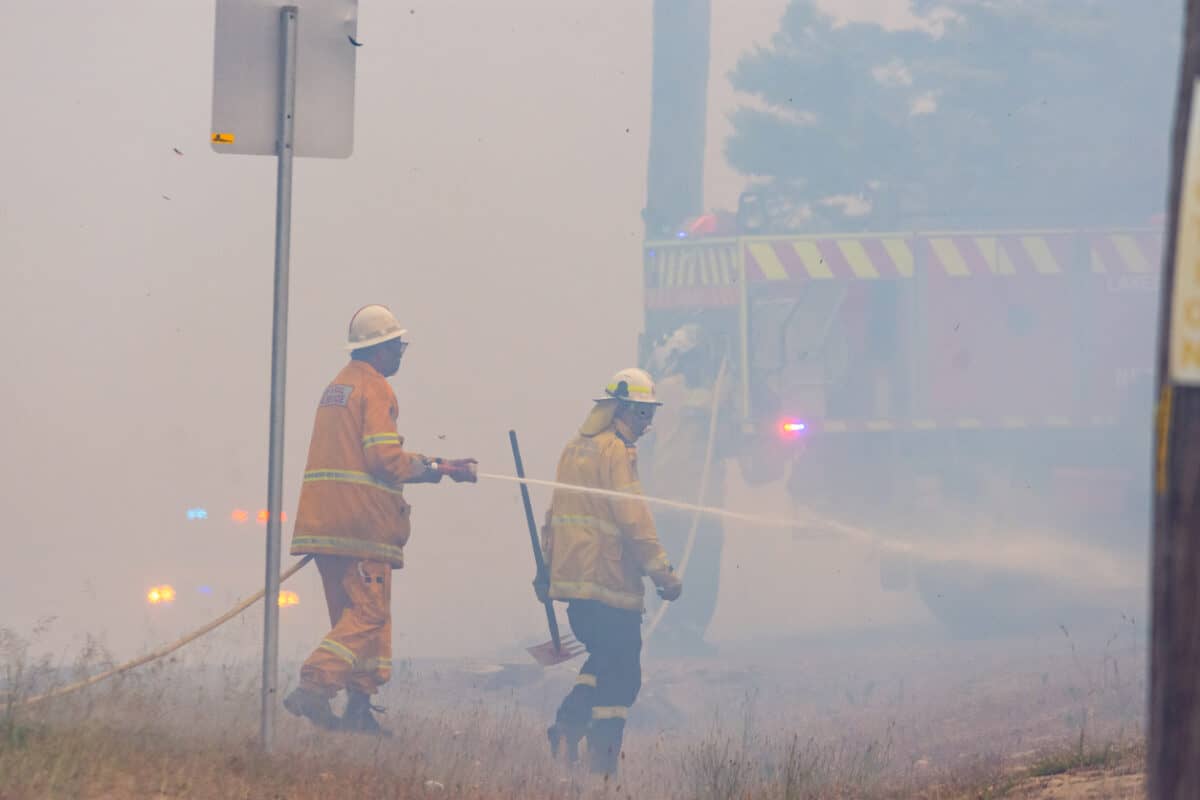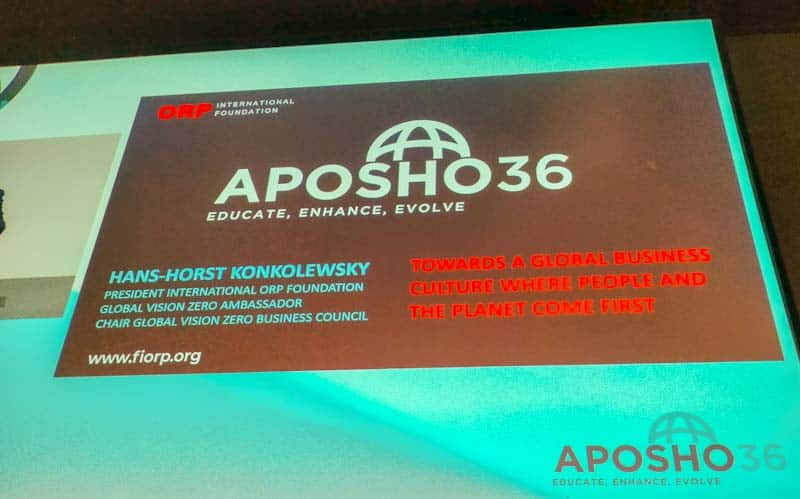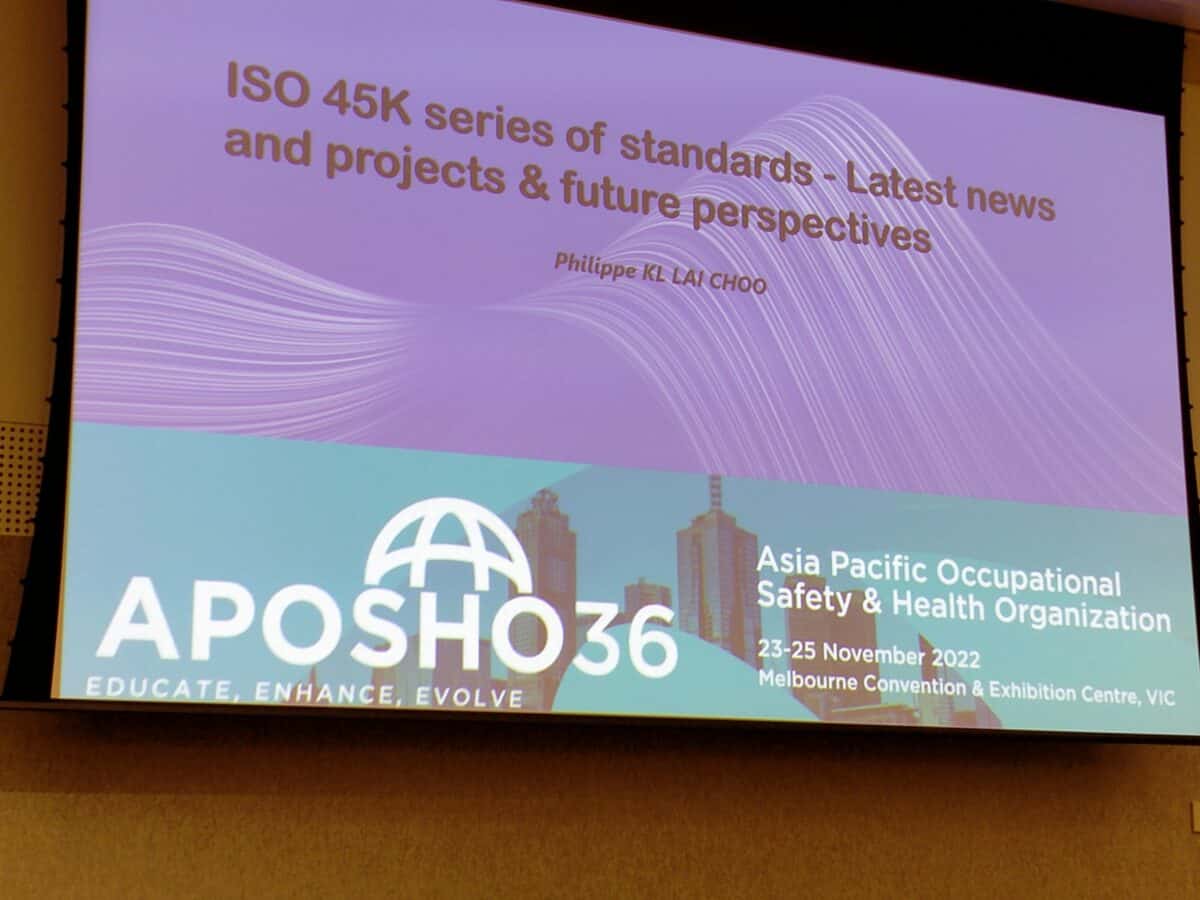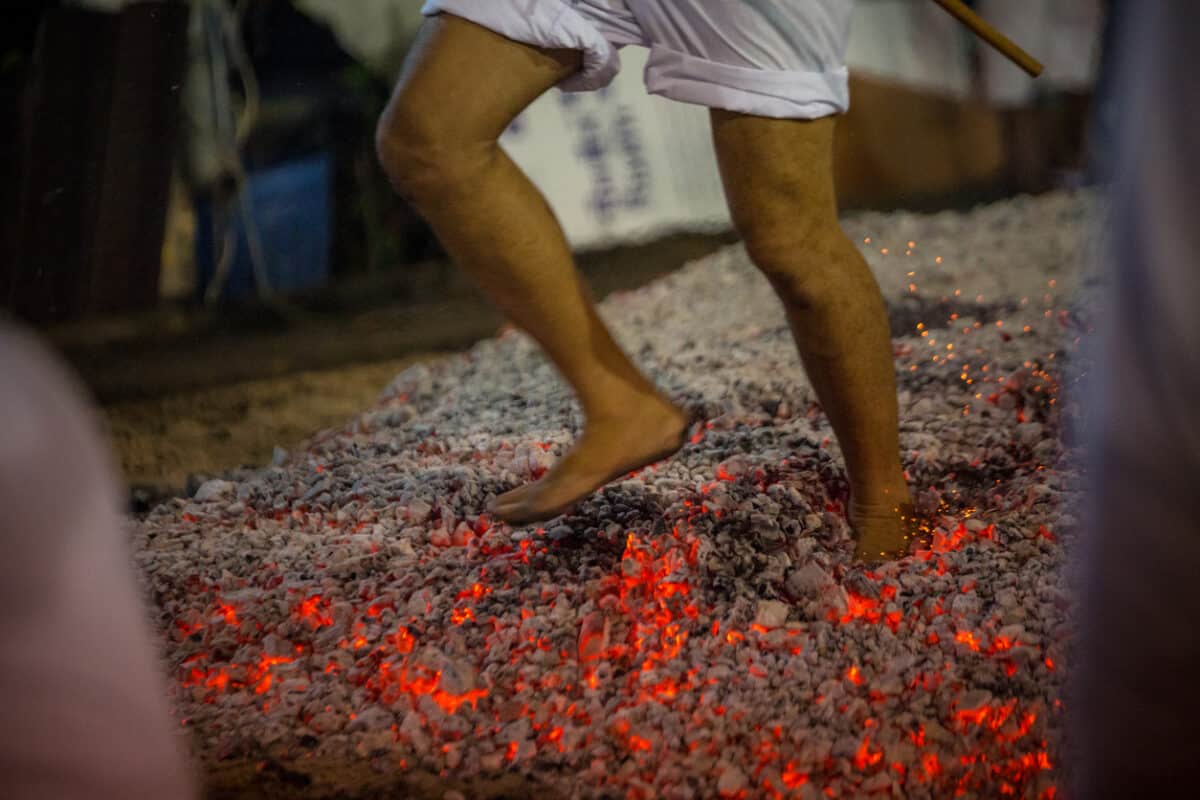Last year I watched Trainwreck, a documentary on the Woodstock ‘99 music festival. After watching, I took a moment to pause and reflect. I asked myself, have we as a society, and as health and safety professionals, really learned and improved as much as we could have? Over the past five years, Splendour in the Grass, Fyre Festival, Astro World and Houston Music Festival have all experienced unsafe and unhealthy practices, and even fatal occurrences. These events are not typically discussed in the occupational health and safety circle, and they are not the usual scenarios that are looked to for lessons learned. Nor are the recovery efforts presented at conferences, with improvements showcased and implemented at the next event.
Category: disaster
Grosvenor Fire Case Study – Hopkins
It is always good to start a piece of writing with an attention-grabbing punch. Professor Andrew Hopkins‘ latest research paper does just that in his analysis of the 2020 Anglo-American Grosvenor coal mine explosion. He wrote:
“Senior management at Anglo believed that safety was never sacrificed to production. Their view was safety and productivity went hand in hand and that safety was “just not negotiable”. And yet the Board of Inquiry into the accident found that Grosvenor was producing coal at a rate that consistently exceeded the capacity of the drainage system to cope with the methane gas being released, with the result that “coal mine workers were repeatedly subject to an unacceptable level of risk”. How could senior managers believe that they were so safety conscious and yet be so blind to the most serious hazard facing underground coal miners?”
Page 2
When empathy is also harmful
One of the favoured characteristics of a successful corporate leader is empathy for those under one’s duty of care. The logic is, if you care about your workers, you will look after them and prevent them from harm. But in some jobs, the empathy needed to do the job well also exposes workers to psychosocial harm. This issue of vicarious trauma is an element of our increased attention to workplace mental health and is receiving global attention.
Some good presenters, some great, but OHS conferences need more work
What was missing most from the recent conference of the Asia Pacific Occupational Safety and Health Organisation was a strong Asia-Pacific voice. Certainly, there were presentations by Asian OHS professionals and some westerners working in Asia, but the keynote speakers were almost from Anglo-European cultures. This made it hard to understand if the conference was designed for Asian safety and health professionals to learn from us or for Australians to learn from them. Perhaps it was just for all of us to learn as a profession.
Some of the keynote speakers offered universal suggestions for improving the management of workplace health and safety, but perhaps these were so universal as to be generic or safe. For instance, one of the greatest challenges for the Asian region, in particular, is ensuring the safety of migrant workers. There was one mention of the deaths of the World Cup construction workers, and that was in passing.
Below is a summary of the conference and some of the occupational health and safety issues (OHS) raised.
Will WorkSafe need to become a VicSafe to address climate change?
Occupational health and safety (OHS) professionals are largely aware of the latest international standard for OHS management systems, ISO45001. This is the core standard for businesses to assess their safe systems of work. Others will be aware of the supplementary guidance to ISO45001, like ISO45003 -guidelines for managing psychosocial risks at work.
Recently Phillipe KL Lai Choo spoke about some of the other OHS guidances due for release or development. One of those relates to climate change which could create unexpected changes to how OHS is regulated and enforced.
Will firewalking become the norm?
Occupational health and safety (OHS) will have little effect on reducing the pace of global warming. Still, OHS will definitely need to assist in changing how we continue to work in future weather extremes. SafetyAtWorkBlog has previously written about working in extreme heat, but a new multimedia report from the New York Times (paywalled) illustrates the challenges in some uncomfortable ways.
“There is too little time and the ask is too big to try to change the system”.
There are many similarities between the management of occupational health and safety (OHS) and environment protection. Both seek to prevent and/or mitigate harm, and both have similarly focussed legislation. However, this similarity extends to vulnerabilities in each approach. Neither discipline is solely responsible for the lack of progress in prevention and protection, but both have not realised their potential for change.







